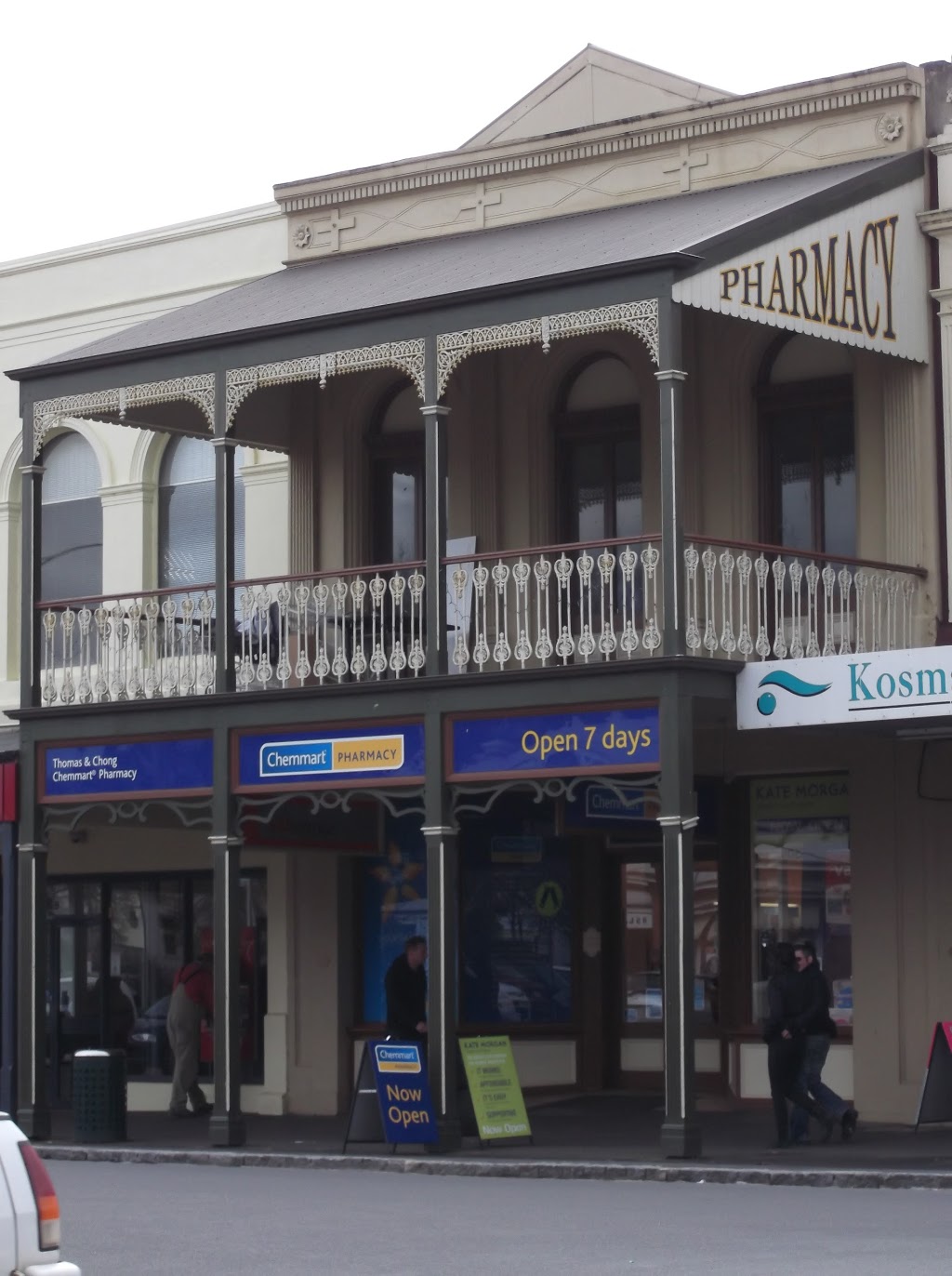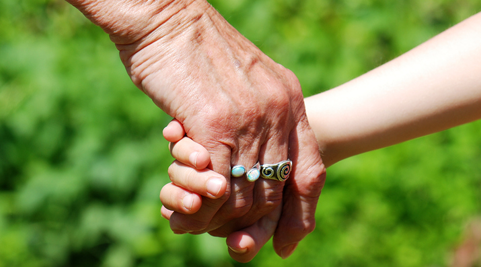If there is any positive to come out of the pandemic, it’s that it has highlighted the extent to which community pharmacies can help their communities.
 This is the experience of Kin Chong, proprietor of Thomas & Chong Pharmacy in Castlemaine, Victoria, who said the pandemic also underscored how pharmacies needed to adapt to the new environment to ensure patients were being looked after.
This is the experience of Kin Chong, proprietor of Thomas & Chong Pharmacy in Castlemaine, Victoria, who said the pandemic also underscored how pharmacies needed to adapt to the new environment to ensure patients were being looked after.
“The adapting bit was challenging to be honest – especially for electronic prescriptions because a lot of our elderly patients find it just does not make sense to them,” he said.
“We see these challenges for our patients because we are close to them. That’s one of the great benefits of being in a country town – you know your patients and your community.”
Castlemaine is about 150km from Melbourne with a growing population of 11,000 people. The region includes rural farmland and orchards but originally was a gold-mining centre. Today it also boasts a large arts crowd and Mr Chong says the population as a whole is “a good mix”.
“We recently have had a lot of city folks move into Castlemaine area because it’s such a nice town.”
But for the long-standing residents and the newcomers, the fact the town is in the country can present problems around their healthcare needs.
“Accessing health services can be a challenge especially for people who need to see specialists,” he said.
“Normally the patient has to travel to Melbourne. Access to doctors is sometimes challenging in a rural area anyway and we are no exception.
“Because the patients can’t see the doctor, they tend to come to us, asking for solutions and we have to do the best we can.
“This is made easier because we have talented people but at times it’s hard to hold on to them.
“Being in a rural town you always struggle because the younger people tend to like going to the cities instead of staying around so our turnover of the staff in some years has been greater than others.”
Mr Chong said that on a professional level working as a pharmacist in a rural area was immensely satisfying and rewarding.
“I enjoy the continuity of the care because if you look after the patient, they tend to stay with you. They don’t tend to go to different stores. They put a lot of trust in us. I’m always proud that I look after four generations of the same family.
“On a more personal level I enjoy the simplicity of life.
“In a rural area life is a bit simpler and we’ve got better working hours in the pharmacy. Our hours are 9 till 9, and we open about 9-6.30 on weekends so I still get some weekends off which is much more enjoyable.
“My kids feel very safe. They know a lot of people in town, so they feel like they belong to the community.”
Mr Chong said the pandemic had a huge impact of the town and his pharmacy, as it had to all people in Victoria with its many lockdowns.
“When it started, we thought it might not affect us too much but what really hit home was when the first lockdown was implemented,” he said.
“Like everyone else, all of a sudden we were not allowed to do a lot of things and we had to make changes along the way to comply with the law.”
It really hit home with the second lockdown when the town saw people come up to the country areas from the city.
“It took a big toll on the staff because quite a few of my staff were anxious about coming into work and then there was the constant cleaning to be COVID-safe,” he said.
“We actually had to change the whole procedural thing and most of my staff, including my business partner, all worked 12 hours a day.
“They just had to stay behind and get the medication ready, and we also had to manage the limited supply of some medications.
“We also had to manage the stock levels and try to shift stock from anywhere we could borrow it from to ensure people were not running out of their medication.
“We were constantly on the phone to the suppliers looking for supplies.”
Then the third lockdown was implemented.
“In a rural area we felt like we were punished for things that we hadn’t done – the likelihood that COVID would happen to us was quite low.
“But we always respect what health authorities say so if we, as healthcare professionals, don’t do our job properly and follow the health protocol, who else will?”
It also affected the mental health of a lot of people.
“We just haven’t got that luxury at the moment to regenerate ourselves. Hearing other people’s stories as well – it’s a very depressing scenario – but yet you still have to keep pushing on.
“You still have to continue to do your job and I think mentally that is really stressful and obviously for a business owner we worry about the financial side of it as well.”
The business uncertainty has been an ongoing issue.
“You just don’t know what is happening and you can’t plan - you can’t go anywhere really,” he said.
“You try to be healthy and everyone goes for a walk, but I think after a little while you find having your freedom taken away makes it very challenging and you still have to stay positive – for the customers as well.”


